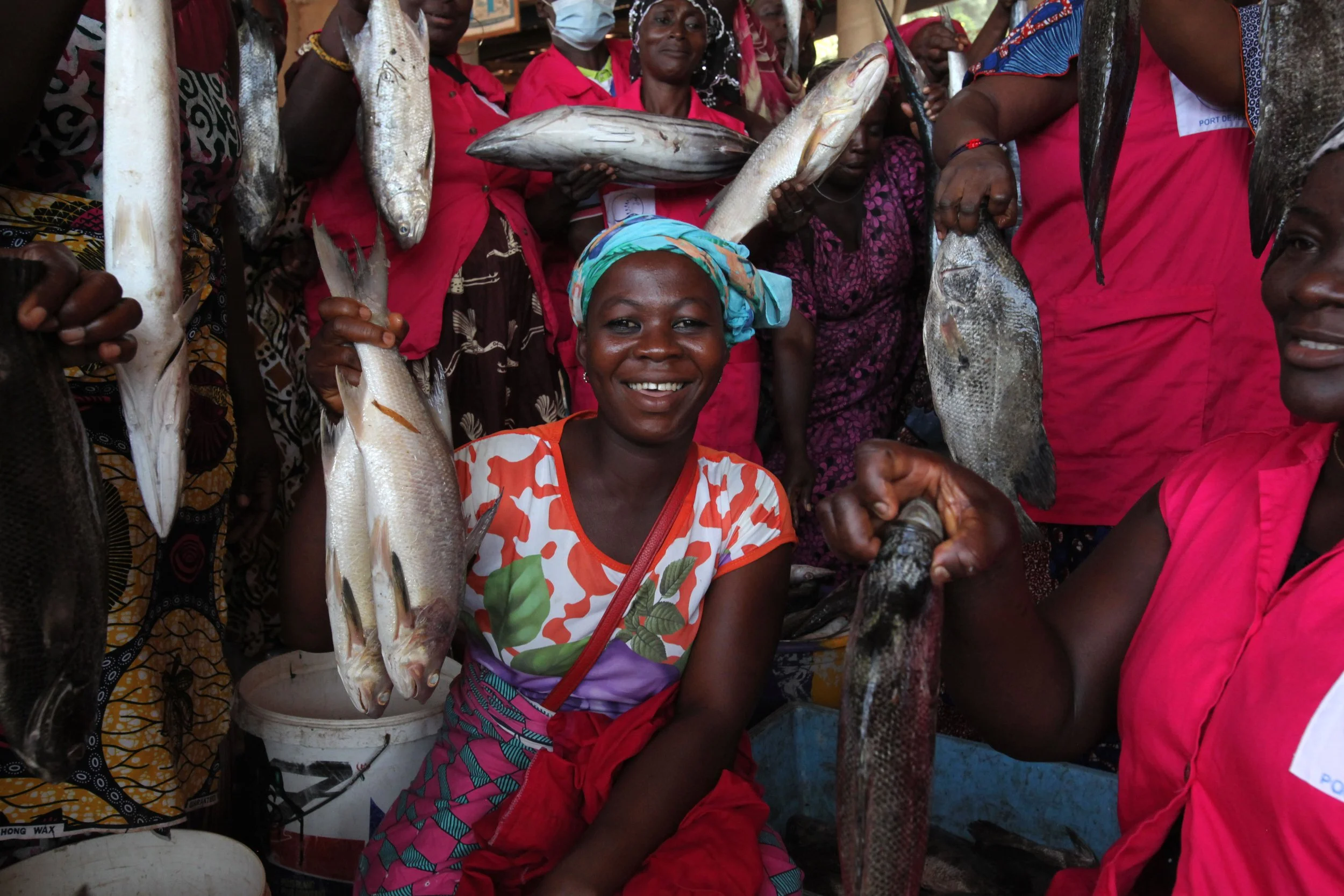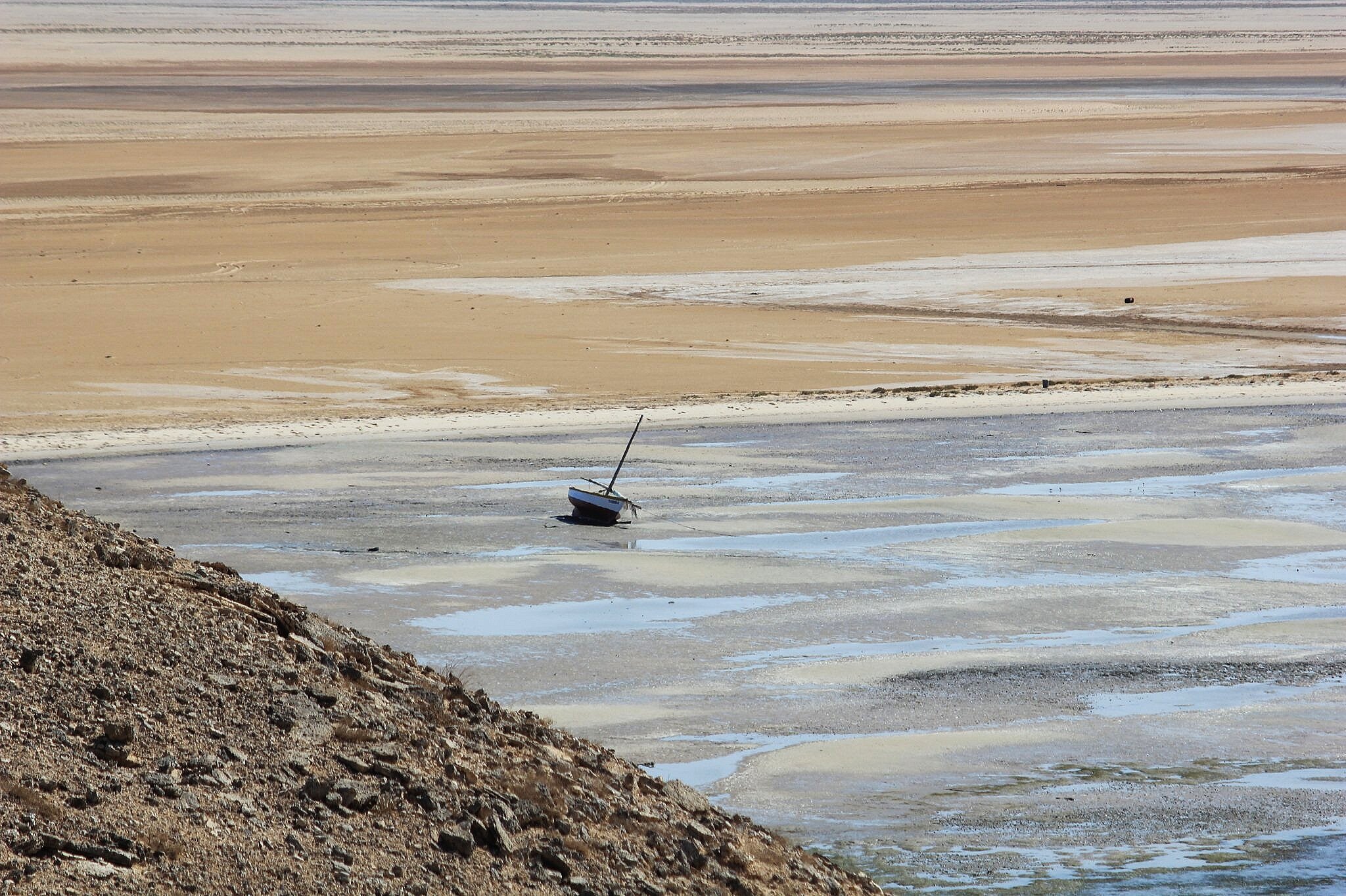This second article of our series on financialisation and the blue economy covers TNC’s recent debt-for-ocean swap in Belize, news about TNC’s “audacious plan” of other debt swaps in other countries, the history of debt swaps and how the recent swaps reflect the financialisaton of conservation and finally, why these debt swaps are worrying for small-scale fisheries.
EU-Mauritania SFPA: The requests of the Mauritanian artisanal fisheries and civil society
This week the European Parliament is discussing a first draft by rapporteur Izaskun Bilbao on the Sustainable Fisheries Partnership Agreement between the European Union and Mauritania. This agreement is of great interest to the EU fisheries sector and is the most expensive of all fisheries agreements between the EU and third countries.
How will the EU contribute to support sustainable artisanal fisheries in Africa through its International Partnerships
The new EU regional programming for Africa gives fisheries and oceans greater importance. It also focuses more on small-scale fisheries stakeholders and civil society organisations, which is an opportunity for them to make their voice heard. This article covers a summary of the 2014-2020 and the ongoing 2021-2027 programming, calls for more policy coherence and recommends increased participation of stakeholders for greater and efficient use of the EU funding.
Joint statement - European and African decision-makers should join forces to support sustainable artisanal fisheries in Africa
In view of the summit that will bring together the leaders of the European Union and the African Union in Brussels on 17th and 18th February 2022 and in the context of the International Year of Artisanal Fisheries and Aquaculture (IYAFA), six civil society and professional organisations call the EU and AU to take concrete action in three key areas. Click on the link to read more.
The new EU-Mauritania agreement: towards a sustainable management of small pelagics in West Africa?
In this third article in the series on fisheries in Mauritania, the authors review the state of overexploitation of small pelagic stocks, look at the ways the EU SFPA seeks to address the issue and come back to the demand of several stakeholders for a regional fisheries management organisation for shared small pelagic stocks.
Happy International Year of Artisanal Fisheries!
Understanding the conservation finance industry
More aquaculture to feed the world? Not at the expense of African fishing communities
Nowadays, aquaculture provides more people with food than capture fisheries, and the tendency is growing. The accompanying demand for fishmeal and fishoil, driven mainly by China, is increasingly being covered by West African fishing. However, putting the blame for the threat to fish stocks in the region solely on China’s appetite for seafood falls a little short.
Living on the frontline: climate change will first impact African coastal fishing communities
Experimental fishing or experimental pillaging in Liberia?
Transparency: Mauritania improves its score, but is still far from the goal
Mauritania: A 40-metre seiner authorised to fish on the borders of the Banc d'Arguin
WTO fisheries subsidies negotiations: Will the mountain give birth to a mouse or to a lion?
Small-scale fisheries’ participation in decision-making is crucial for food security of African coastal communities
African and European artisanal fishers, together with their international partners, issue a joint declaration before the UN Food Systems Pre-summit underscoring their concerns about the overall process, the lack of consultation of small-scale fisheries stakeholders, and the promotion of large-scale industrial aquaculture by some of the UNFSS organisers.
"The rich man's fish feeds on the poor man's sardinella"*
In this article, the author extracts from the recent report ‘Feeding a monster: How European aquaculture and animal feed industries are stealing food from West African communities’ the main findings related to the European Union and its Members States, and looks at how some of the recommendations may be implemented in the EU.
EU-Madagascar SFPA negotiations resume: Key issues for the future of small-scale fisheries in Madagascar
The EU new approach on blue economy should recognize that artisanal fisheries are the main provider of "Ocean Livelihoods" in Africa
Food promotion policy –the EU should encourage quality over quantity seafood consumption
This article looks at the sustainability concerns of both wild-caught fisheries and industrial aquaculture and argue that the EU should not promote seafood consumption but focus on providing accurate and complete information to consumers and look into the wider environmental and social sustainability issues throughout the fish value chain.
Seychelles FITI report: Stakeholders make recommendations regarding access by fleets of foreign origin
Seychelles is the first country in the world to publish a report that assesses the compliance against the transparency requirements of the FiTI standard. The author comments on the main findings of the Multi Stakeholder Group and highlights the recommendations for foreign fleets and the importance of understanding the value of local fisheries.





















